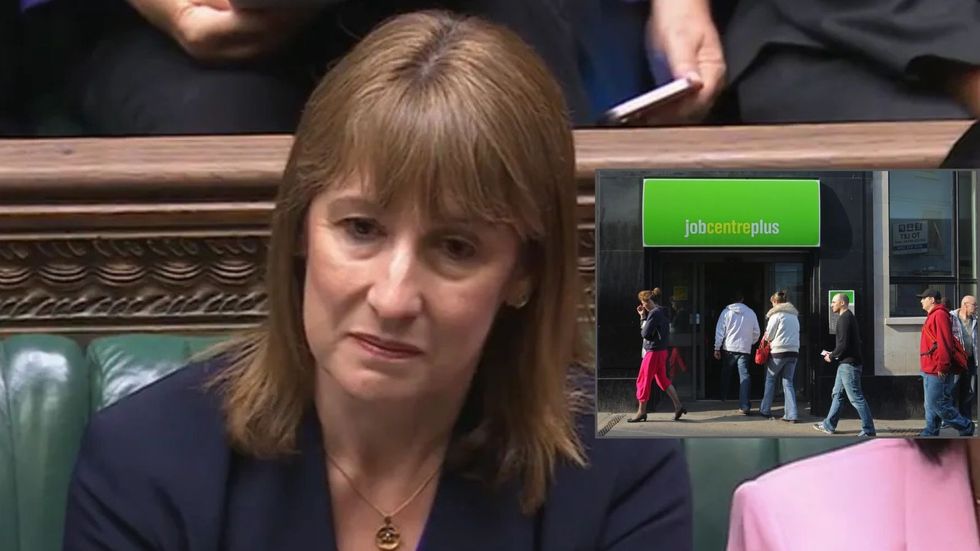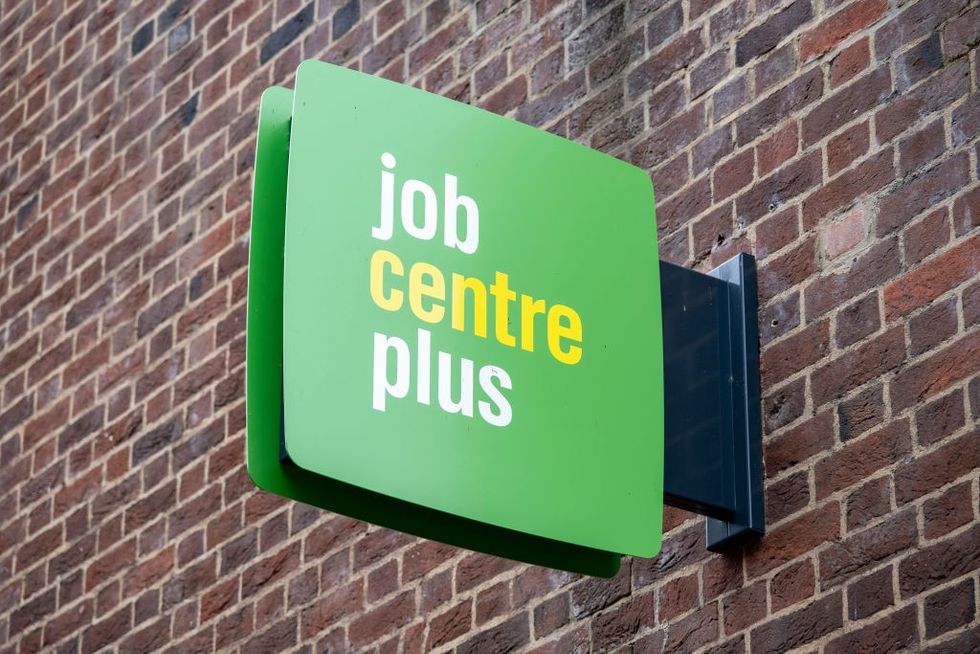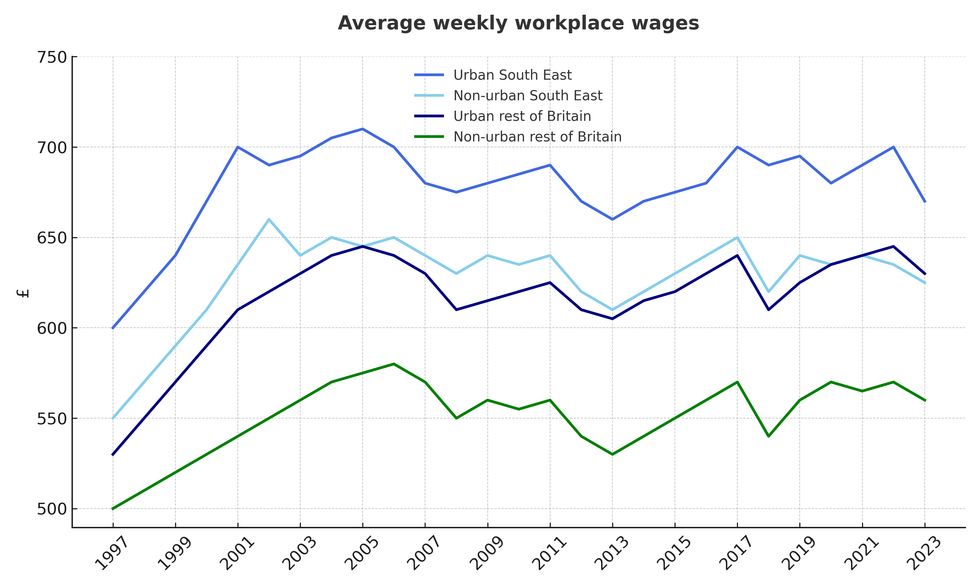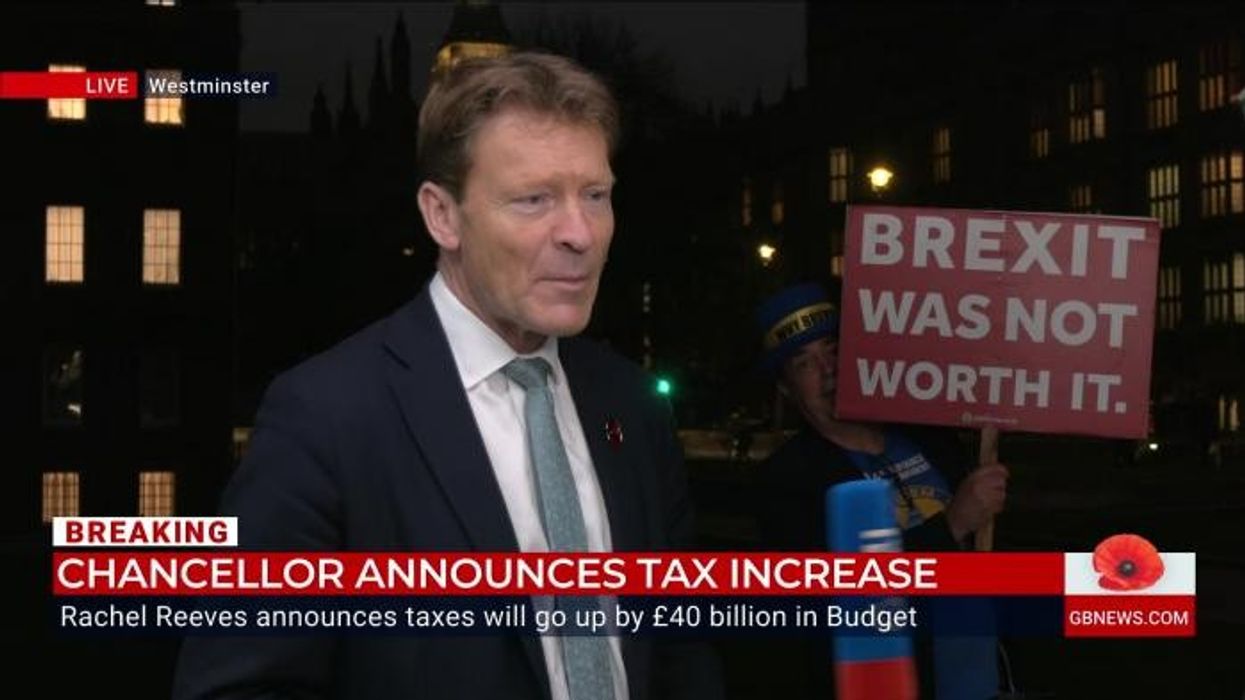Britain faces jobs crunch as number of jobseekers rises at fastest rate in five years under Rachel Reeves

Sharpest rise in jobseekers for five years as hiring stalls ahead of November Budget
Don't Miss
Most Read
Britain's labour market has experienced its sharpest increase in jobseekers for five years, with companies slashing recruitment and shedding staff as they anticipate further tax increases from Chancellor Rachel Reeves in November's Budget.
The August surge in people looking for work represents the most significant jump since November 2020, according to a comprehensive survey conducted by KPMG and the Recruitment & Employment Confederation (REC).
Businesses have responded to economic uncertainty by implementing layoffs whilst anxious executives have dramatically reduced their hiring plans.
The recruitment industry attributes this deterioration to "weak confidence around the economic outlook and concerns over costs", with employers particularly worried about potential expansions to National Insurance contributions following last year's £40billion tax raid.
The findings paint a bleak picture for Britain's employment landscape, with the KPMG and REC research revealing that employer demand for workers has continued its downward trajectory throughout August.
The study, which gathered responses from 400 recruitment consultancies across the country, documented a more pronounced decrease in permanent positions compared to temporary roles.
Do you have a money story you’d like to share? Get in touch by emailing money@gbnews.uk.
Chancellor Reeves faces mounting pressure as these figures emerge whilst her government attempts to stimulate economic growth and reduce unemployment benefit expenditure.

Businesses have scaled back hiring plans
|GB News/Getty
Industry insiders expect the Chancellor to announce multiple tax increases during November's Budget to address gaps in public finances, potentially adding strain to already struggling businesses.
Reports suggest Reeves plans to broaden her National Insurance levy, potentially affecting 190,000 workers, with professional services including family doctors, legal practitioners, accountants and financial advisers bearing the brunt of these changes.
Jon Holt from KPMG observed that the "subdued economic outlook" has led company leaders to "pause their future spending plans, including hiring".
He warned: "Given the speculation around upcoming Budget measures, it's unlikely we'll see a significant shift in recruitment patterns in the near term."

Figures from the Office for National Statistics show 987,000 young people aged 16-24 were not in education, employment or training between October and December 2024.
| GETTYREC's Neil Carberry struck an equally concerned tone, stating: "Employers need a shot of confidence along with their seasonal flu jabs this autumn. There is certainly potential out there but with fewer vacancies and more candidates looking for work, the overall picture is still subdued."
He cautioned: "All eyes are now on the Autumn Budget, in the hope that the Chancellor won't do any further damage to the labour market with costs on hiring. For the economy to thrive, the Budget must recognise the need for investment in people."
Wage growth has stagnated at its weakest levels in four and a half years, with starting salaries experiencing only marginal increases whilst temporary worker pay remains significantly below historical averages.
KPMG analysts attribute this wage suppression to the expanding pool of jobseekers, creating increased competition for available positions and reducing pressure on employers to offer competitive remuneration packages.
The South East recorded the steepest decline in job opportunities, whilst construction emerged as the sole sector experiencing increased demand for workers.
Retail and hospitality sectors witnessed notable reductions in permanent position availability, reflecting broader economic anxieties across consumer-facing industries.
The abundance of candidates for each vacancy has fundamentally shifted the balance of power in salary negotiations, enabling employers to maintain conservative compensation strategies despite inflationary pressures affecting workers' cost of living.
Parliamentary scrutiny has intensified around employment policy, with MPs demanding that the Department for Work and Pensions "needs to rebuild trust with employers" to address Britain's worklessness crisis.
LATEST DEVELOPMENTS:
 UK wages have flat-lined since 2008 | CHAT GPT
UK wages have flat-lined since 2008 | CHAT GPTThe Work and Pensions Committee has advocated extending the job-search period for benefit claimants from four weeks to three months before sanctions apply, aiming to prevent hasty placements that result in poor retention rates.
Committee chair Debbie Abrahams emphasised: "Providing the right support to get people back into the workplace assists not only individual claimants, but businesses and wider society too."
Britain's youth unemployment challenge has worsened significantly, with 16 to 24-year-olds not in education, employment or training rising from 793,000 to 923,000 over five years.
Pat McFadden will lead the DWP's transformation into a "growth ministry" following last week's reshuffle, tasked with reversing these troubling employment trends.
More From GB News











